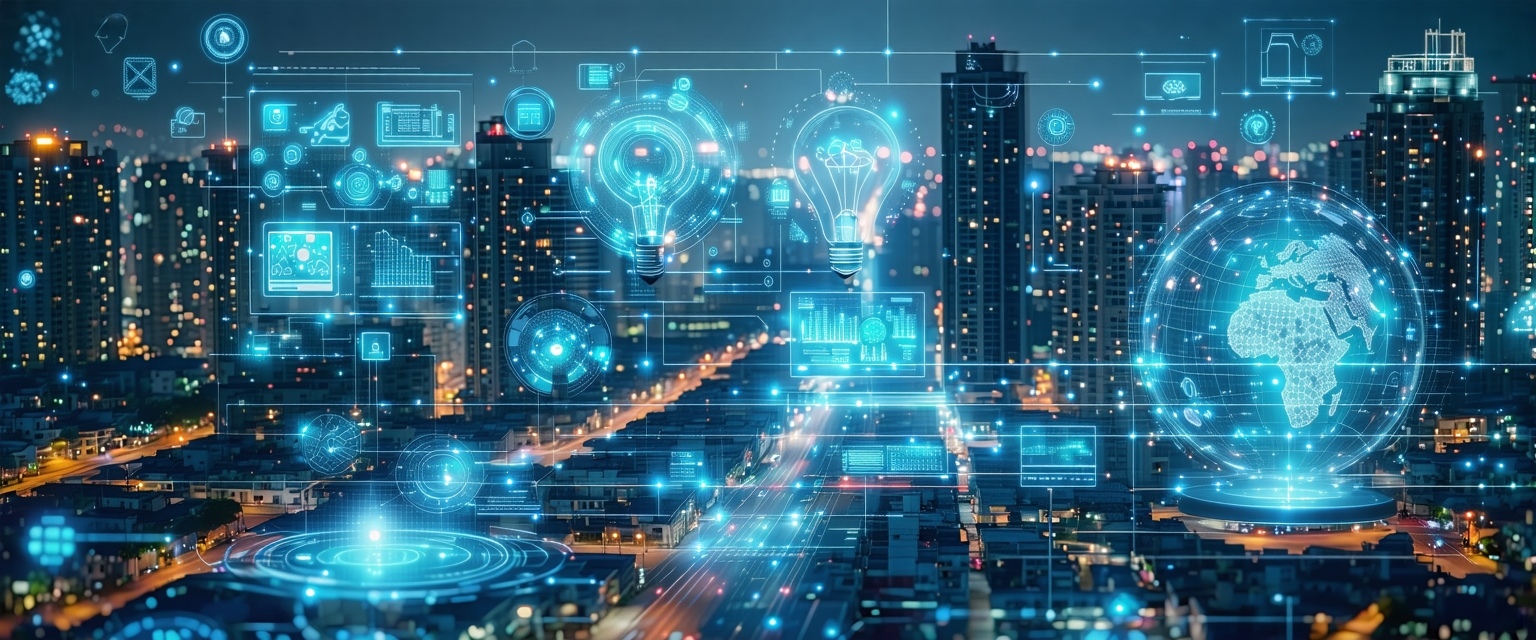






Smart cities leverage technology to enhance the quality of life for their citizens and improve operational efficiency. This involves integrating various technologies and data streams to optimize urban services and resources, from transportation and energy grids to waste management and public safety.
The foundation of any successful smart city lies in its robust infrastructure. This includes high-speed internet connectivity, advanced sensor networks, and big data analytics platforms. For example, the city of Barcelona utilizes sensor networks to monitor real-time traffic conditions, enabling dynamic adjustments to traffic signals and optimizing traffic flow.
Furthermore, smart city initiatives often incorporate Internet of Things (IoT) devices, such as smart meters for energy consumption monitoring, and smart waste bins for optimized waste collection routes. This data-driven approach leads to improved resource allocation and reduced waste.
Smart city technology isn’t just about infrastructure; it’s about improving the daily lives of citizens. This can include things like improved public transportation via smart ticketing and real-time tracking, enhanced public safety through intelligent surveillance systems, and more efficient waste management.
Many cities are also using smart city initiatives to create more sustainable and eco-friendly environments. Examples include smart grids that optimize energy distribution and reduce carbon emissions, and intelligent street lighting that adjusts brightness based on real-time needs. These initiatives are often tied to broader sustainability goals and contribute to reduced environmental impact.
Despite the significant advantages, challenges remain in building smart cities. Data security and privacy concerns, the high initial investment costs, and the need for effective data integration across various city departments require careful planning and consideration.
Future trends indicate a growing focus on artificial intelligence (AI) and machine learning to further optimize city services. AI-powered predictive analytics can improve traffic management, predict and prevent crime, and optimize energy consumption with even greater efficiency. The integration of AI will be crucial to unlocking the full potential of smart city technologies.